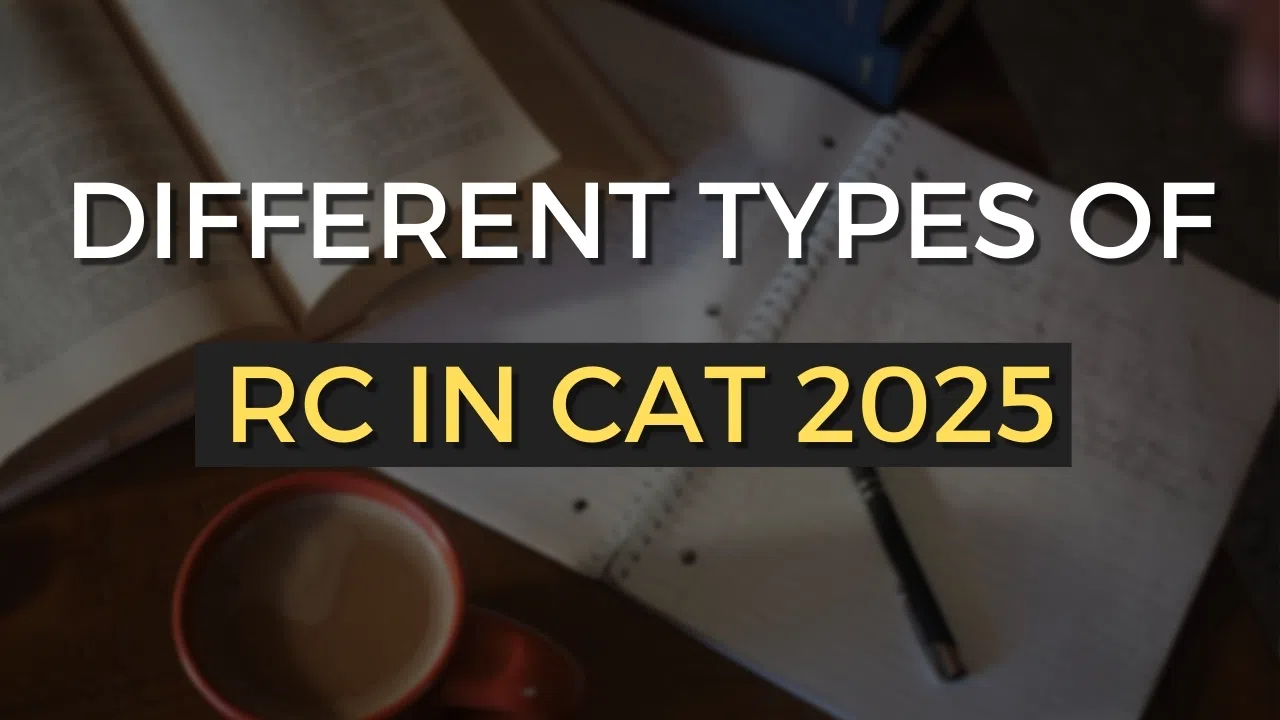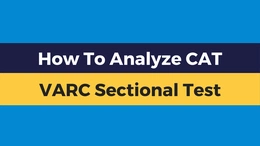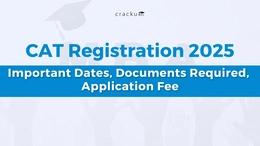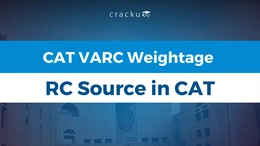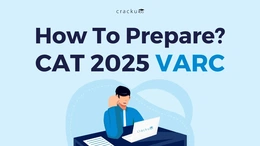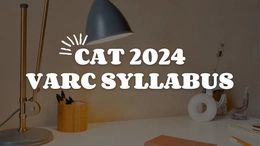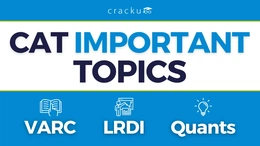The VARC is a section designed to test the reading and analytical skills of a candidate. As a manager you are required to read and analyze a lot of data and thus VARC sections tests your ability to do the same. It tests whether you can comprehend at a fast enough pace and come to reasonable conclusions.
In this article, we delve into the different types of passages that candidates are test in the CAT VARC section, and how to approach them effectively. To know other unconventional articles in the exam, we recommend you to check with our CAT Exam Syllabus.
1. Humanities and Social Sciences
Humanities and social science-based passages are also quite common in the CAT exam. Some might be along the lines of history, philosophy, psychology, sociology, or cultural studies.
Features:
- May have discussions on human behavior, social structures, ethics, and philosophical arguments.
- The language could be very abstract and requires familiarity with nuanced points of argument.
- Passages may have underlying references to historical events, social theories, or cultural phenomena.
Sample Topics:
- The influence of Enlightenment thought on modern democracy.
- The role of social media in influencing public opinion.
- Philosophical debates related to morality and ethics.
Strategy:
For the above passages, the broader arguments and inter-connections between the different ideas discussed need to be understood. Often questions require one to provide the stand of the author or implication of his/ her arguments. "Which of the following, IF TRUE" and "Which one of the following strengthen the argument" are questions typically asked in these types of passages.
2. Science and Technology Passages
Science and technology passages are another archetype in the CAT. These essays embrace almost all forms of scientific disciplines such as biology, physics, chemistry, and environmental science and technological issues.
Characteristics:
- Tend to relate to scientific discoveries, technological innovation, or environmental issues.
- The terminology is generally technical.
- The discussion is primarily upon processes, experimentation, and any scientific theory involved.
- These paragraphs may also involve the interpretation of data and logical deduction.
Sample Topics:
- Effects of nanotechnology on medicine.
- Climate change and its effect on global ecosystems.
- New developments in artificial intelligence and its ramifications on societies
Strategy:
While attempting Science and Technology passages, look at broad ideas and how they are connected to each other. Be aware of cause-&-effect relationship and be prepared to find questions asking you for application of the concepts discussed in the passage
3. Economics and Business Passages
Economics and business-related passages also regularly feature in the CAT exam. These passages relate to aspects of economic theories, market dynamics business strategies, and financial principles.
Example Topics:
- The consequence of monetary policy on inflation.
- Strategies available for sustainable growth of business in emerging markets.
- Globalization and its effects on small and medium enterprises
Strategy
Read economics and business passages for knowledge of the underlying economic concepts and their applications to the real world. Be prepared to analyze an argument related to market behaviour or business decisions. These topics are much easier when it comes to reading as compared to others. Their level of complexity is similar to a typical editorial. It is advisable that you read a Financial Journal Editorial everyday to help with such passages.
4. Passages on Art and Literature
Art and literature passages are not very grounded. The CAT exam can hold such passages. They are associated with topics based on literary criticism, artistic trends of the times, or the role that the art form in discussion plays in society.
Characteristics
- Descriptive, usually by presentation of an analysis of real/imaginary literary/ artistic work or trend or criticism of a cultural phenomenon
- Flowery and metaphorical writing with an emphasis on style, tone, and thematic points.
- Complex idea connections and a lot of side-track and references in-between the flow of ideas.
Sample Topics
- The development of post-modernistic thought.
- The symbolism of naked Greek statues and their connection with the ongoing societal dynamics
- An excerpt of Jean Paul Sartre's writing
Strategy
These articles are typically much harder to attempt simply because of how dense they are. Infact, most of the time aspirants are struggling with meaning of certain words. Try to save these for last and attempt only if you have sufficient time. Because of how dense they are, it is advisable to make a summary of each paragraph to keep track.
5. Historical passages
Passages may refer to events or ideas from the past or to individual scholars' or groups of scholars' interpretations of historical events or ideas. Historical passages in the CAT examination are basically broad, ranging from significant events, figures, and periods in history. Many of these passages discuss implications of certain historical events or even analyze causes and effects of some developments.
Characteristics
- Usually involve discussions over past events, historical figures, or the impact of a certain era on present-day scenarios.
- There can be narrative or analytical language here depending on whether the passage is descriptive or argumentative.
- Passages may present a comparison of historical periods or analyze effects of some events.
Sample Topics
- Economic and political development of countries and influence of it on world development
- Industrial revolution and changes in social life
- Analysis of the reasons for World War II
Strategy
In reading history passages, be particularly aware of the author's point of view and how he or she is shaping, and in turn is shaped by, the historical interpretation.
You need to be clear on the chronology while dealing with historical passages and their cause-effect relationships. The questions may require you to look into the causes of the events or a comparison needs to be drawn between different historical viewpoints.
6. Abstract/ Philosophy-Oriented Articles
Often revolve around theoretical ideas, abstract ideas, or philosophical doctrines.
The language is normally dense and the piece requires one to pick out the arguments presented. Some of them are usually inconclusive, putting forth differing positions on an issue, which can make comprehension tougher.
Sample Topics:
- Consciousness and freedom.
- Inquiry in relation to artificial intelligence.
- Justice in modern society.
Strategy
In philosophical and abstract sections, you should understand the different views presented and how they are interrelated. It's crucial, however, to highlight the assumptions underlining them and logical argument structure which is followed in the passage. Reading a book or article that summarises the main ideas of various school of thoughts would certainly be helpful
